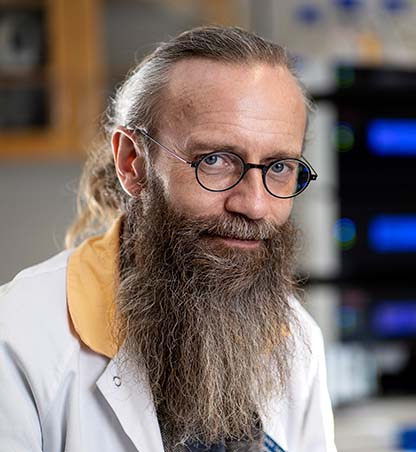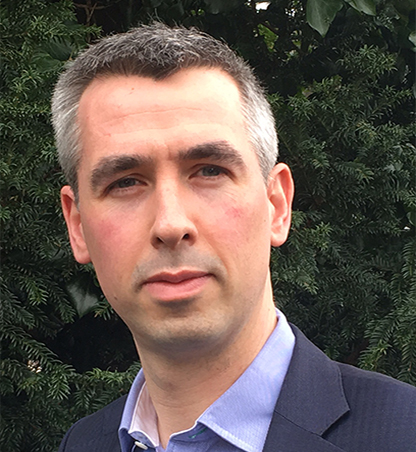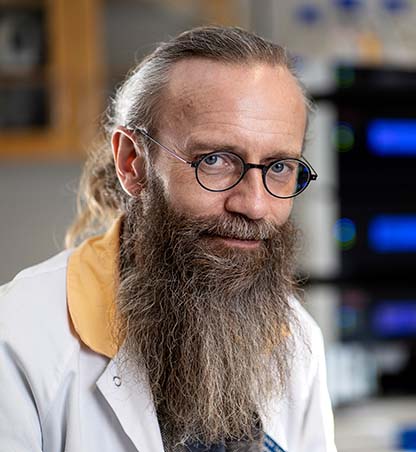Bluefield Research Consortium
We fund discovery, translational and clinical research at leading academic institutions. Research proposals are solicited by invitation only. We foster close, synergistic relationships between discovery scientists and clinical neurologists to shorten the path from bench to treatment.
Adam Boxer, MD, PhD
University of California, San Francisco
Dr. Boxer co-directs the ALLFTD rare diseases clinical research network, which conducts clinical research in sporadic and familial FTD. The Boxer Lab studies fluid biomarkers with the ultimate goal of validating them for use in clinical trials. Dr. Boxer also directs the Alzheimer’s and FTD Clinical Trials program at UCSF and works closely with discovery scientists to speed promising therapeutic approaches into the clinic.
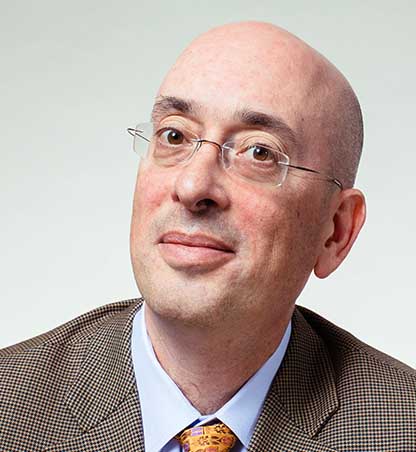
Robert Farese, Jr., MD
Sloan Kettering Institute
The Farese and Walther Lab generated mice with mutations in the progranulin gene and use them to study progranulin’s function in the lysosome. Lab members also study progranulin’s role in lipid metabolism and unconventional protein secretion.

Wade Harper, PhD
Harvard University
The Harper Lab studies the impact of progranulin deficiency on autophagy in neurons and microglia.

Joe Hesse
University of California, San Francisco
Mr. Hesse is the Director of Innovation at UCSF's Memory and Aging Center. His group is developing data infrastructure for the integration, visualization and analysis of FTD-related data.
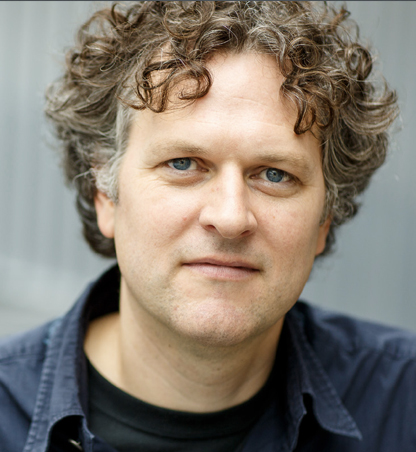
Eric Huang, MD, PhD
University of California, San Francisco
The Huang lab investigates how glial activation contributes to neurodegeneration, with a focus on autophagy-dependent lysosomal functions.

David Jones, MD
Mayo Clinic, Rochester
The Jones Lab is developing an Al-driven, FOG-PET based approach to track disease progression and evolution to phenoconversion in progranulin mutation carriers.
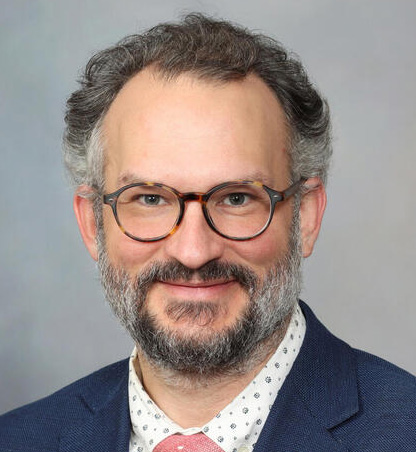
Suzee Lee, MD
University of California, San Francisco
Drs. Lee and Seeley are developing imaging biomarkers for detecting and monitoring disease progression in progranulin mutation carriers.
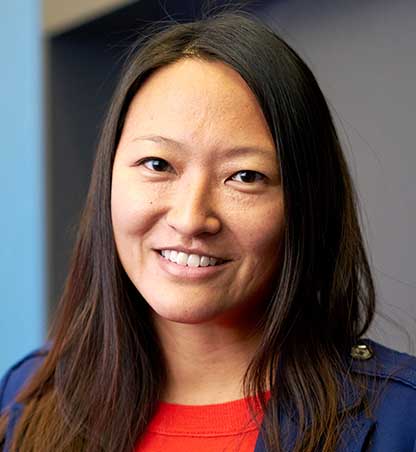
Bruce Miller, MD
University of California, San Francisco, Memory and Aging Center
Dr. Miller oversees the development of a cohort of familial and sporadic frontotemporal dementia cases and cell lines for longitudinal clinical, imaging, mRNA expression and proteomics studies.
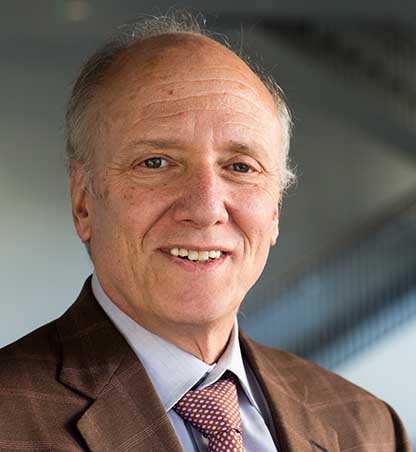
Anders Nykjaer, MD, PhD
Aarhus University
The Nykjaer Lab studies the function of sortilin in the context of progranulin deficiency.
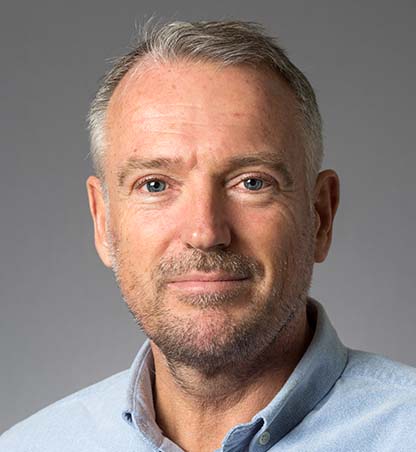
Erik Roberson, MD, PhD
University of Alabama at Birmingham
The Roberson Lab studies gene therapy as a therapeutic approach to prevent or reverse behavioral deficits, lysosomal dysfunction, and neuropathology due to progranulin insufficiency.

Harro Seelaar, MD, PhD
Erasmus Medical Center
Drs. Van Swieten and Seelaar study fluid and neuroimaging biomarkers to identify those that predict conversion into symptomatic stage and disease progression rate.
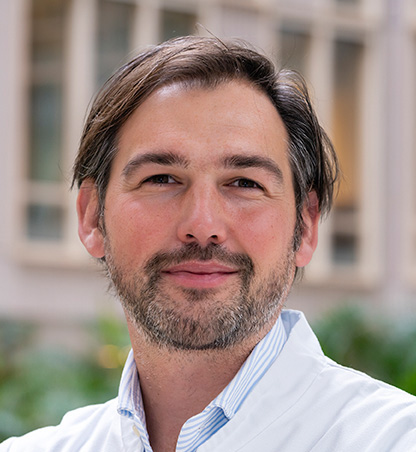
William Seeley, MD
University of California, San Francisco
Drs. Seeley and Lee are developing imaging biomarkers for detecting and monitoring disease progression in progranulin mutation carriers.
In addition, Dr. Seeley, together with Dr. Bruce Miller, runs the CFR Clinical Core, which provides a tissue bank and research database that supports quantitative and region-specific cellular, molecular and genetic frontotemporal dementia investigations.

Adam Staffaroni, PhD
The Staffaroni Lab is developing and validating a remote monitoring platform and analytical pipeline for FTLD.
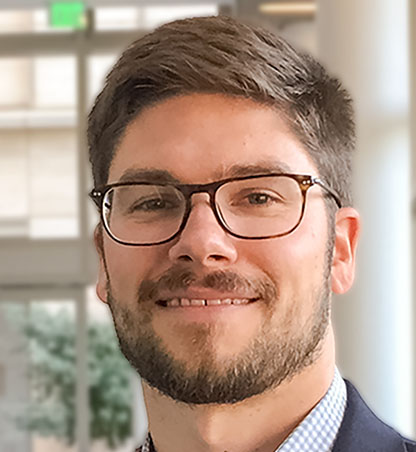
Victor Valcour, MD, PhD
University of California, San Francisco
Dr. Valcour co-leads ReDLat, a multi-partner consortium to expand dementia research in Latin America. Dr. Valcour will oversee efforts to build clinical trial capacity and expand outreach efforts to identify individuals with FTD-causing mutations at select ReDLat sites.
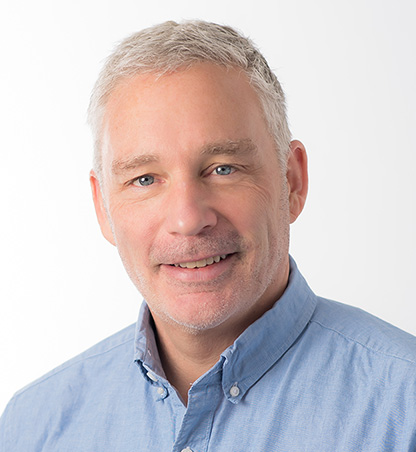
John van Swieten, MD, PhD
Erasmus Medical Center
Drs. Van Swieten and Seelaar study fluid and neuroimaging biomarkers to identify those that predict conversion into symptomatic stage and disease progression rate.

Tobias Walther, PhD
Sloan Kettering Institute
The Farese and Walther Lab generated mice with mutations in the progranulin gene and use them to study progranulin’s function in the lysosome. Lab members also study progranulin’s role in lipid metabolism and unconventional protein secretion.
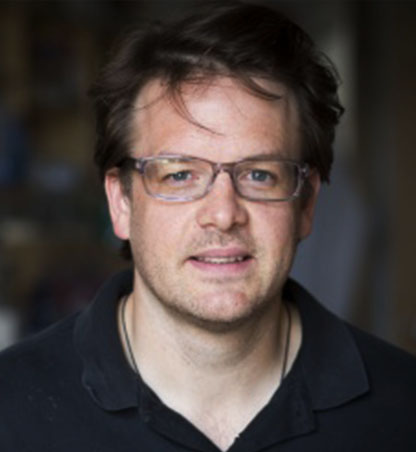
Henrik Zetterberg, MD, PhD
University of Gothenberg & University College London
The Zetterberg Lab studies human CSF from familial FTD mutation carriers to identify novel biomarkers of disease.
